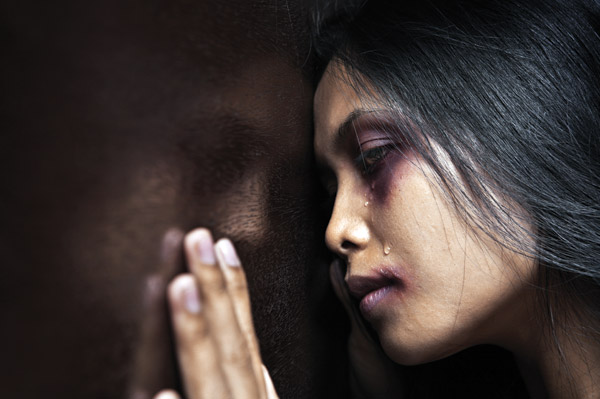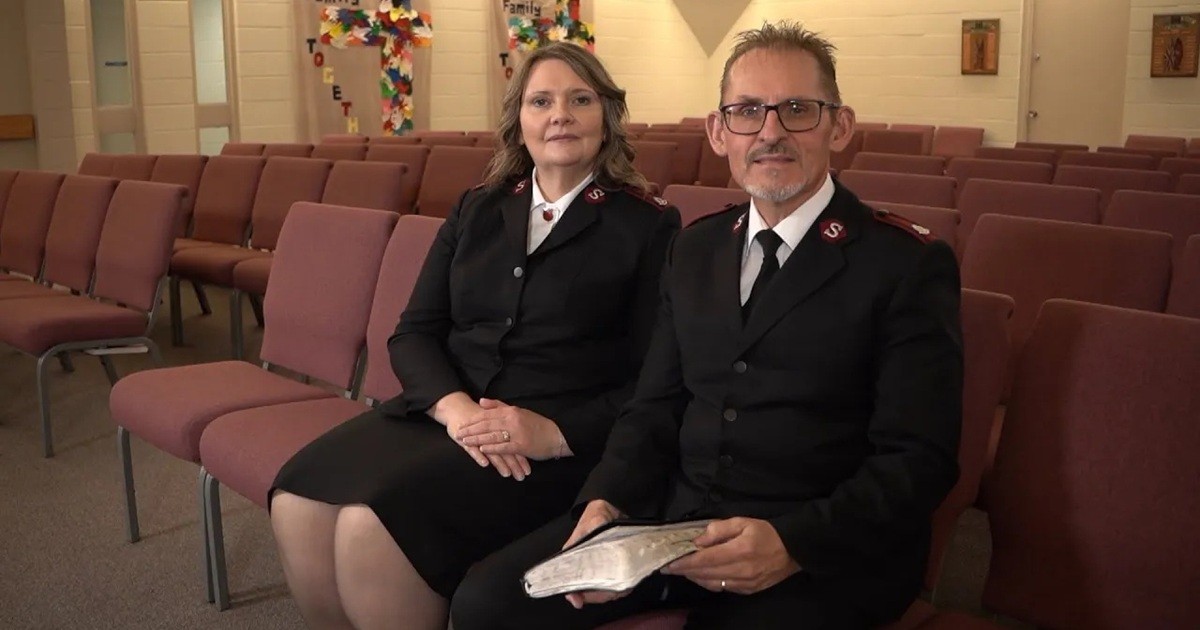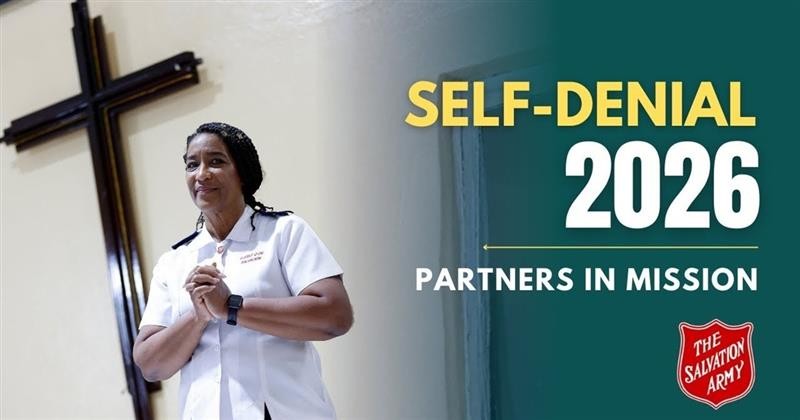 Malaya arrived in Canada on a temporary resident visa. She left the Philippines because, finding no work there, she was told by a friend that a family in Alberta was looking for a part-time nanny. They'd offer free room and board plus extra money that Malaya could send home to her family. After being picked up at the airport, Malaya discovered she was expected to be nanny, housekeeper and cook for the Canadian family. She now works 12-18 hours a day. She lives in a basement room and is not allowed to leave the house unattended. It's been six months now and Malaya has yet to receive a paycheque. Her visa has run out and she feels trapped.
Malaya arrived in Canada on a temporary resident visa. She left the Philippines because, finding no work there, she was told by a friend that a family in Alberta was looking for a part-time nanny. They'd offer free room and board plus extra money that Malaya could send home to her family. After being picked up at the airport, Malaya discovered she was expected to be nanny, housekeeper and cook for the Canadian family. She now works 12-18 hours a day. She lives in a basement room and is not allowed to leave the house unattended. It's been six months now and Malaya has yet to receive a paycheque. Her visa has run out and she feels trapped.
Tessa's new boyfriend, Fynn, was so good to her, always telling her how beautiful she was and how lucky he was to have her. He even asked her to share in what he said would be a special experience for both of them—they tried heroin together for the first time. Now, Tessa's addicted. Fynn soon began refusing to share his heroin, complaining about how expensive it is. Tessa offered to find a job, but Fynn had a better idea. He began bringing his friends around to pay to have sex with Tessa. Soon, he began forcing her to work the streets of Vancouver.
Jaylene hitchhiked off her prairie reserve to the city, attempting to escape the desperation she saw in the eyes of girls just a few years older than her. While staying in a shelter, she met Amanda, who invited Jaylene to come live with her. One morning, Jaylene woke up to find some of her things missing, including her ID. Amanda explained that Jaylene owed her money for room and board. She began pimping Jaylene from her home, keeping most of the profits. Now Jaylene faces a new kind of desperation, the kind experienced by many other Aboriginal women who have simply gone missing.
Each of these episodes* depicts an individual with a different story. But each offers an example of human trafficking, of human beings who, by force or coercion, are exploited for profit. Around the world women, men and children are trafficked for sexual services, labour, organ removal and any number of other reasons. Most human trafficking is sexual trafficking, and generally involves women and girls. Human trafficking is also a local problem. Each year thousands of people are trafficked within, to and from Canada.
Human beings who are trafficked are robbed of their identity. They are treated as less than human, with no rights,abilities or feelings. Many people who are trafficked think they are nothing more than an illegal alien to be hidden away, a habit to be satisfied, or someone who can do no better than to be pimped out.
But people who are trafficked, whether for sexual or other purposes, are human beings with dignity. Like us, they are Christ's sisters and brothers.
For those who have forgotten their dignity, for those who have never had it affirmed, it is important that we stand as witnesses. Justice often includes advocacy. But for Christians it begins with prayer. Since 2006, the Canada and Bermuda Territory has held an annual Weekend of Prayer for Human Trafficking. This year, we hope you will pray for people who have been exploited by or who are vulnerable to human traffickers. Pray also for those who aid people who are or have been trafficked. Finally, pray for perpetrators of human trafficking, that their eyes will be opened to the dignity of each individual. Most of all, pray for deliverance from this modern form of slavery.
* These accounts are fictional but based on typical scenarios faced by those who are trafficked.
Participate in the Weekend of Prayer for Human Trafficking, September 23-25
• Check out prayer, worship and educational resources available in a number of languages at the Weekend of Prayer website: Salvationist.ca/trafficking.
• Take time during your Sunday worship service for prayer and education on human trafficking. Be creative: set up prayer stations or show the audio-visual presentation.
• Organize a prayer vigil on human trafficking or host an educational workshop involving other concerned churches and community groups in your area.
• Don't leave out young people! Find youth specific resources on the website. And check out the youth-focused partner site Traffic Jam: Sendthefire.ca/action/trafficjam.










Leave a Comment